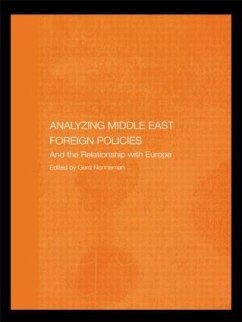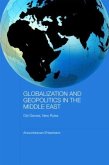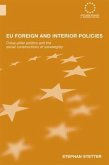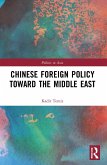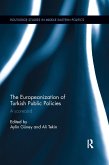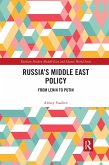In the post-September 11 climate, Europe's regional security environment and the role of Middle Eastern and North African (MENA) states have become more than ever a focus for attention but remain ill-understood. The connections between these two groups of actors have a long history, from which emerge certain patterns showing both continuities and shifts. this book fills a gap in the literature on Euro-Middle Eastern relations by adopting a south-to-north perspective, using the tools of Foreign Policy Analysis to examine the determinants of the foreign policies of the MENA states themselves. Only thus can one hope to arrive at a genuine understanding of what underlies these states' evolving policy orientations and behavior towards Europe. At the same time, the systematic comparative analysis of MENA states' foreign policy with special reference to Europe throws new light on questions about 'Third World' foreign policy more generally, and so adds to the broader field of International Relations. The work is the result of a two-year project sponsored by the European University Institute's Mediterranean program. The book starts by laying out a conceptual framework for analysis, and providing a sketch of the regional environments that help condition the foreign policy in question; one such environmental factor is European policy itself. A wide range of case studies from North Africa, the Mashreq, the Gulf and Turkey, then expand on this by exploring themes and patterns of policy determinants and output. The volume thus examines how these broader dynamics of foreign policy making are illustrated in, and have impacted on, these states' orientation and behavior towards Europe.

